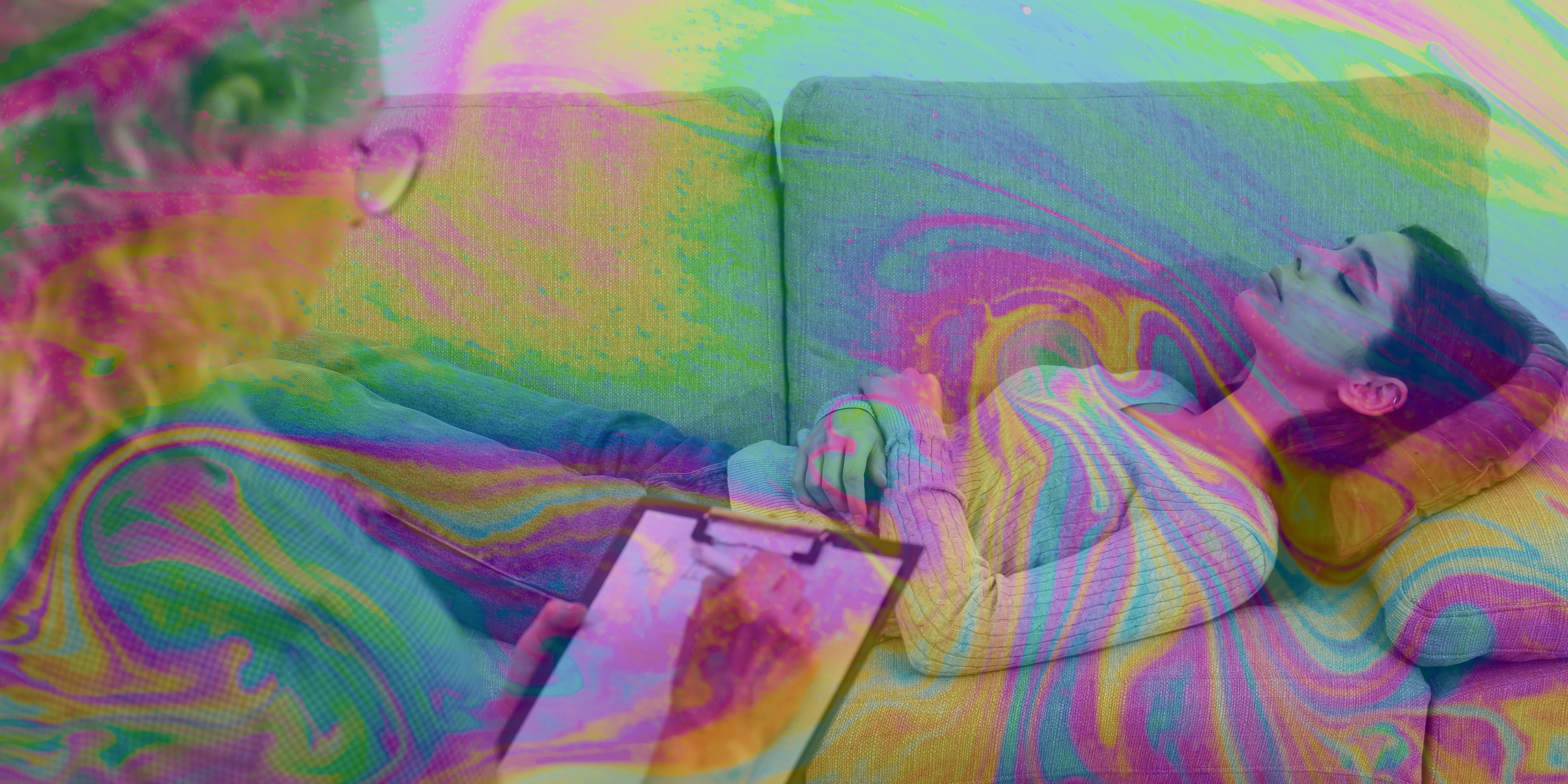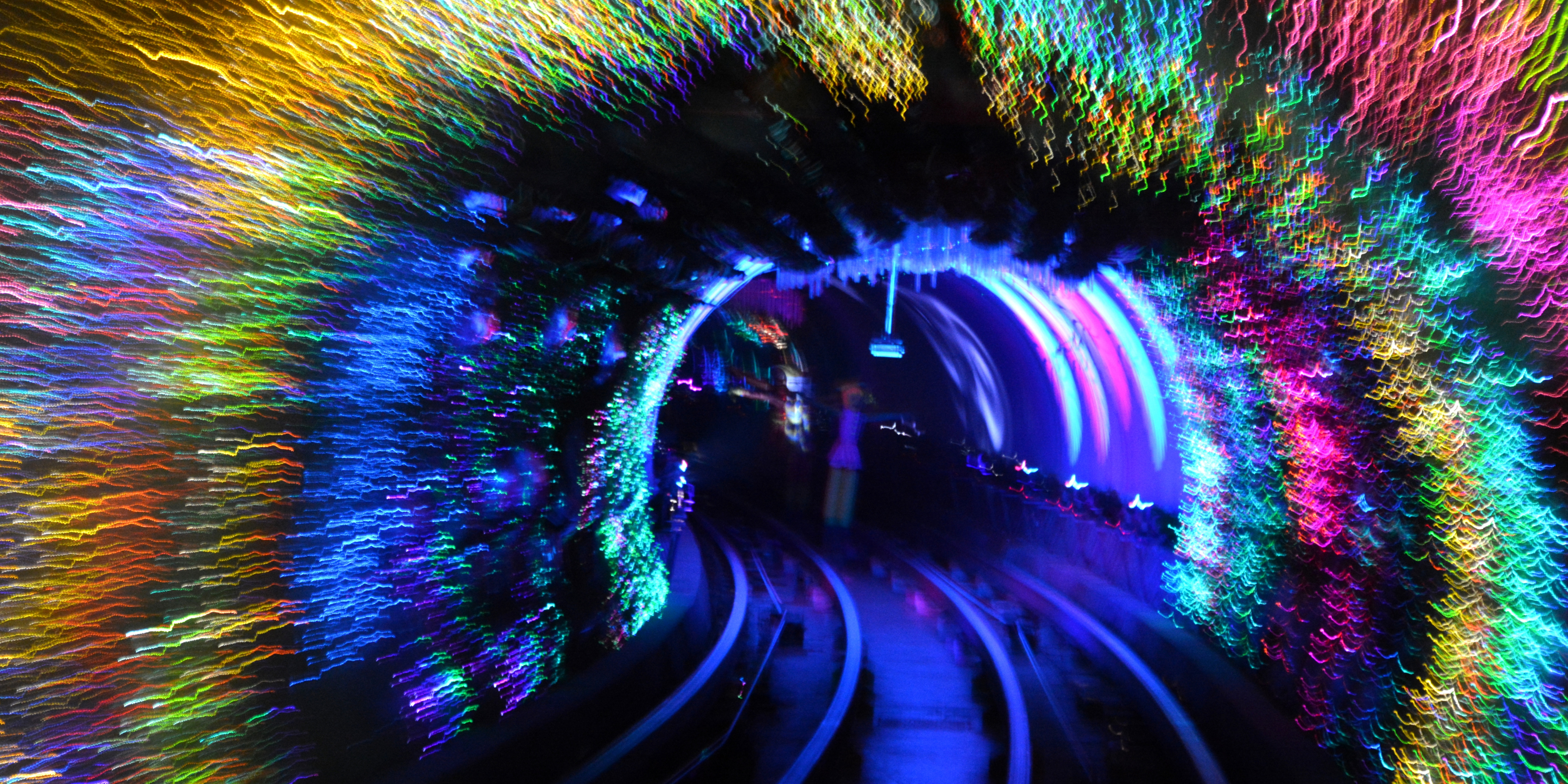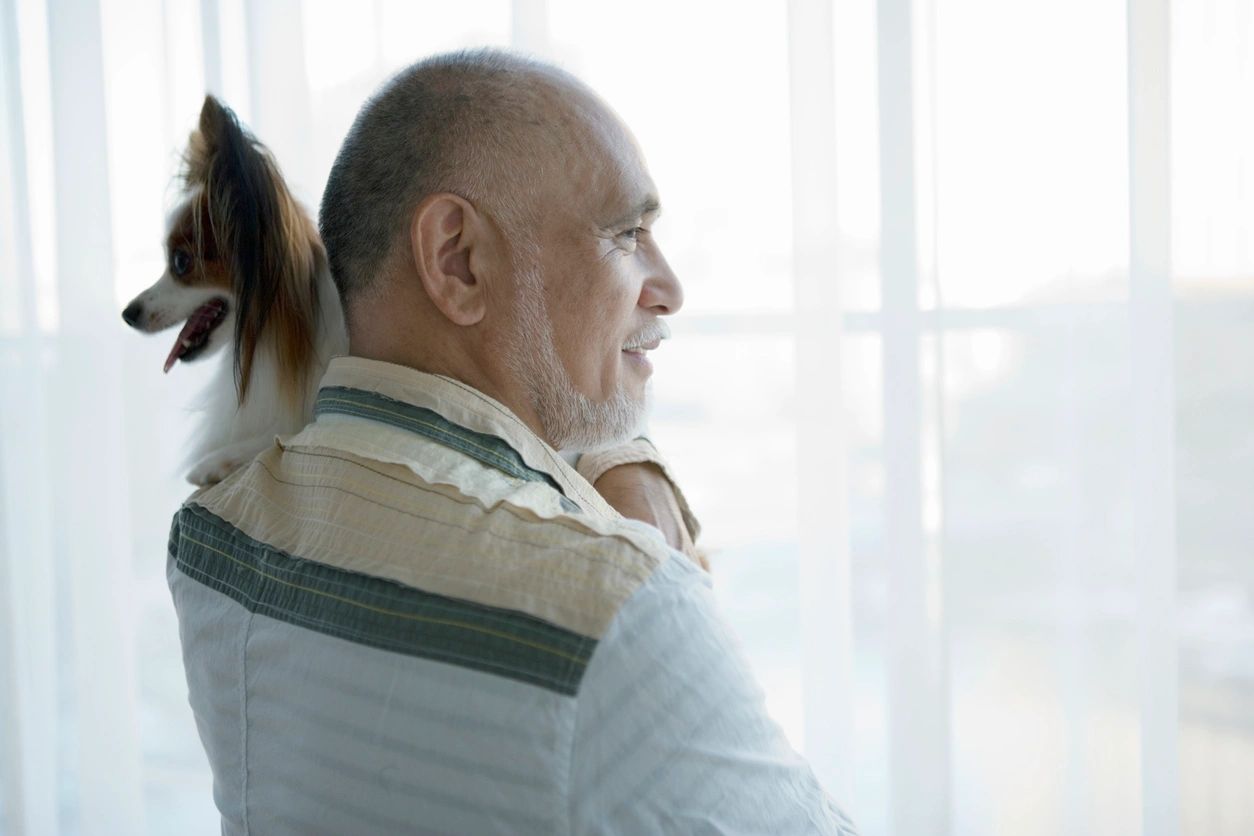#NPsychPick of the Month: Mood Tracker: A Randomized Controlled Trial of a Self-Monitoring Intervention for Emotional Distress After Traumatic Brain Injury
Mood Tracker: A Randomized Controlled Trial of a Self-Monitoring Intervention for Emotional Distress After Traumatic Brain Injury.
Sherer, Mark PhD; Juengst, Shannon PhD; Sander, Angelle M. PhD; Leon-Novelo, Luis PhD; Liu, Xiangyi MS; Bogaards, Jay MA; Chua, Wilma BBA; Tran, Kim MA
#NPsychPick of the Month
Abstract
Objective:
Persons with traumatic brain injury (TBI) frequently experience emotional distress (ED) manifested in anxiety and depression. However, they may not access mental health services due to external (eg, access, transportation, and cost) or internal (eg, stigma and discomfort with traditional counseling) barriers. Based on substantial literature indicating that self-monitoring can ameliorate several health conditions, we conducted a randomized, parallel group, wait-list control (WLC) trial of a self-monitoring intervention to decrease ED after TBI.
Setting:
Community in the southwestern United States.
Participants:
Persons with medically documented complicated mild, moderate, and severe TBI.
Design:
About 127 participants were randomized in blocks of 6 to an active treatment (AT) group, wherein they completed multiple assessments of ED each week over a 6-week period via a smartphone app, or a WLC group in a parallel group, controlled trial. Participants received weekly support calls to promote self-monitoring of ED using ecological momentary assessment.
Main Measures:
ED (Patient Health Questionnaire—9 and Generalized Anxiety Disorder—7), Satisfaction with Life Scale, and Participation Assessment with Recombined Tools—Objective.
Results:
Analysis of the primary study outcome at 6 weeks after initiation of treatment for the AT group did not demonstrate that self-monitoring was effective in decreasing ED as compared to the WLC group. Brief support calls made weekly to promote compliance with self-monitoring were effective in achieving the target number of self-assessments. About 80% of support calls lasted less than 5 minutes. Greater ED was associated with lower life satisfaction and lower participation indicating the importance of addressing ED in persons with TBI.
Conclusion:
Additional work is needed to develop nontraditional interventions to circumvent barriers that prevent persons with TBI from accessing care for ED. Brief support calls may be an effective, low-cost intervention to improve compliance with self-monitoring or self-management interventions.





